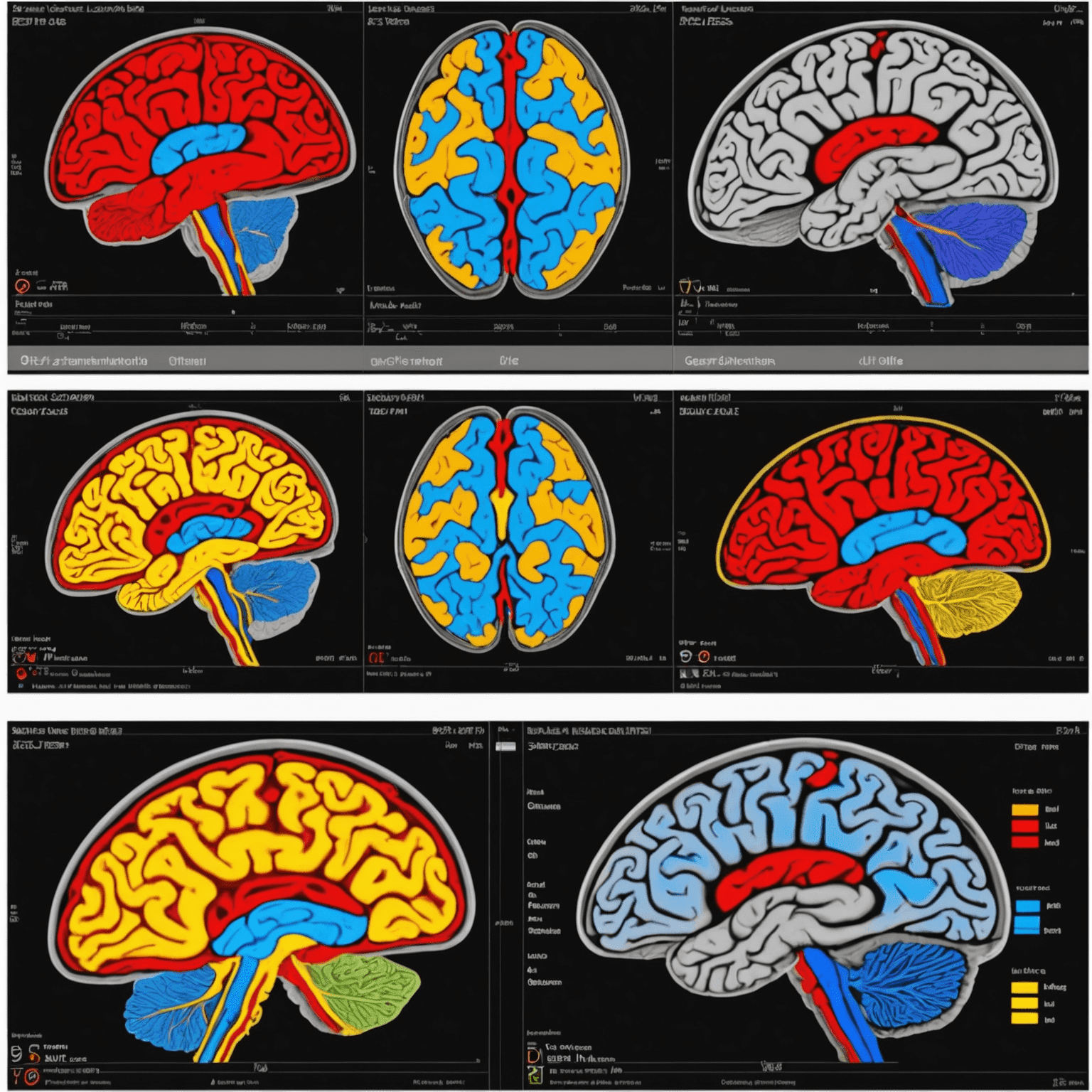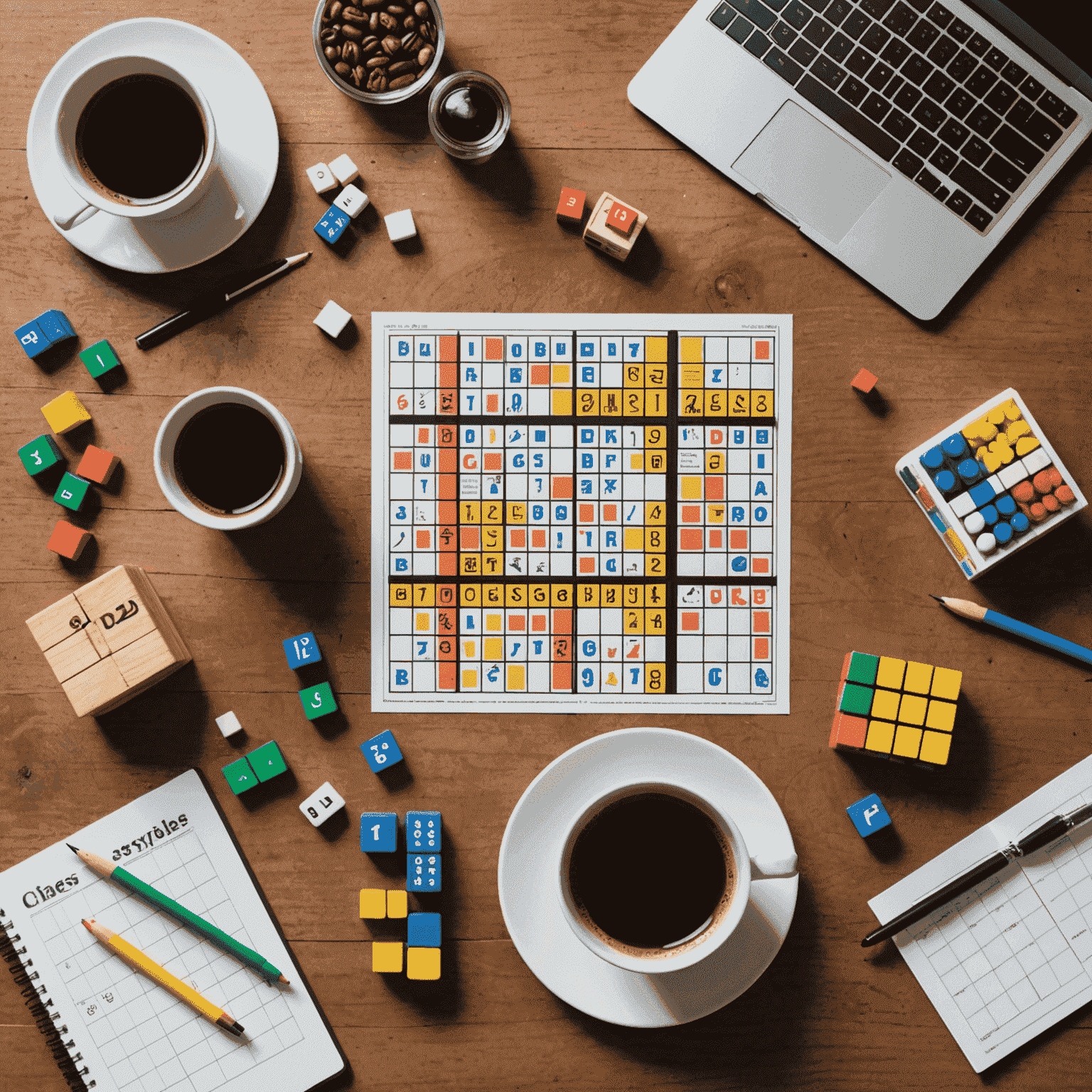Brain Training: How Logic Games Improve Attention Span

In today's fast-paced world, maintaining a strong attention span is becoming increasingly challenging. However, research suggests that engaging in logic games can significantly enhance our ability to focus and improve overall cognitive function. Let's delve into the science behind this phenomenon and explore how puzzle-solving can be a powerful tool for brain training.
The Science of Attention and Logic Games
Cognitive scientists have long been intrigued by the relationship between logic games and attention span. Studies have shown that regularly engaging in puzzles and brain teasers can lead to measurable improvements in concentration and mental stamina. This is due to the way these games challenge our brains to focus on complex problems, effectively exercising our cognitive muscles.
Key Benefits of Logic Games for Attention:
- Enhanced working memory capacity
- Improved problem-solving skills
- Increased ability to filter out distractions
- Better sustained attention over longer periods

Types of Logic Games and Their Impact
Different types of logic games can target various aspects of attention and cognitive function. For instance:
- Sudoku: Enhances pattern recognition and sustained focus
- Crossword puzzles: Improve vocabulary and cognitive flexibility
- Chess: Boosts strategic thinking and foresight
- Rubik's Cube: Develops spatial awareness and problem-solving skills
By incorporating a variety of these games into your routine, you can create a well-rounded brain training regimen that addresses multiple aspects of cognitive function.
Implementing Logic Games in Daily Life
To reap the benefits of logic games for attention improvement, consistency is key. Here are some tips for integrating puzzle-solving into your daily routine:
- Start your day with a quick brain teaser to jumpstart cognitive function
- Use logic puzzle applications during short breaks or commutes
- Set aside dedicated time for more complex puzzles, like jigsaw or strategy games
- Join a puzzle club or online community to stay motivated and challenged

The Long-Term Impact on Cognitive Health
Beyond immediate improvements in attention span, regular engagement with logic games may have long-lasting benefits for cognitive health. Some studies suggest that individuals who frequently challenge their minds with puzzles and brain teasers may have a lower risk of cognitive decline in later life. While more research is needed, the potential for logic games to contribute to long-term brain health is promising.
Conclusion
As we continue to navigate a world filled with distractions, the ability to maintain focus and attention is more valuable than ever. Logic games offer a fun, engaging, and scientifically-backed method to enhance these crucial cognitive skills. By incorporating puzzles and brain teasers into our daily lives, we can train our minds to be sharper, more focused, and better equipped to handle the challenges of modern life. So why not start your brain training journey today? Your improved attention span awaits!